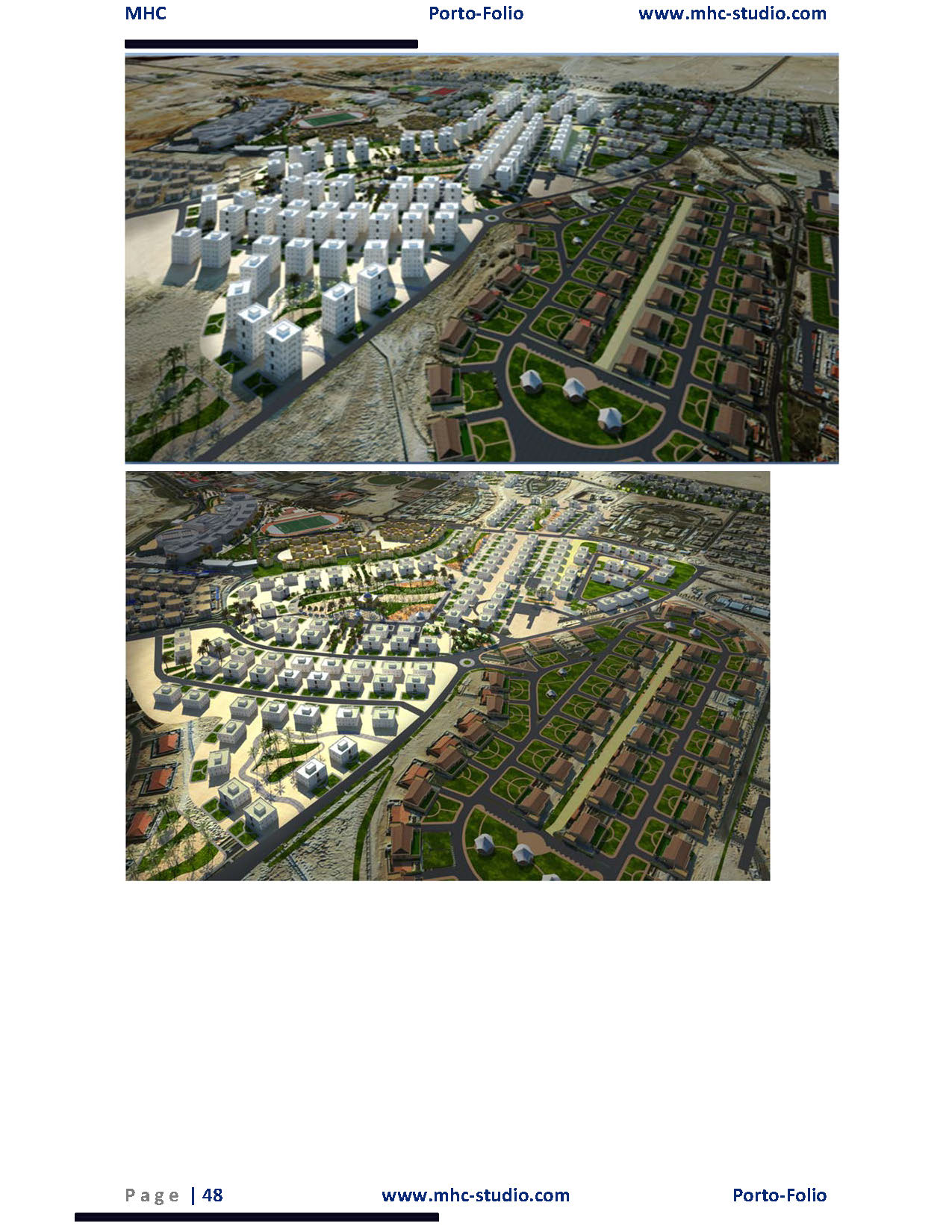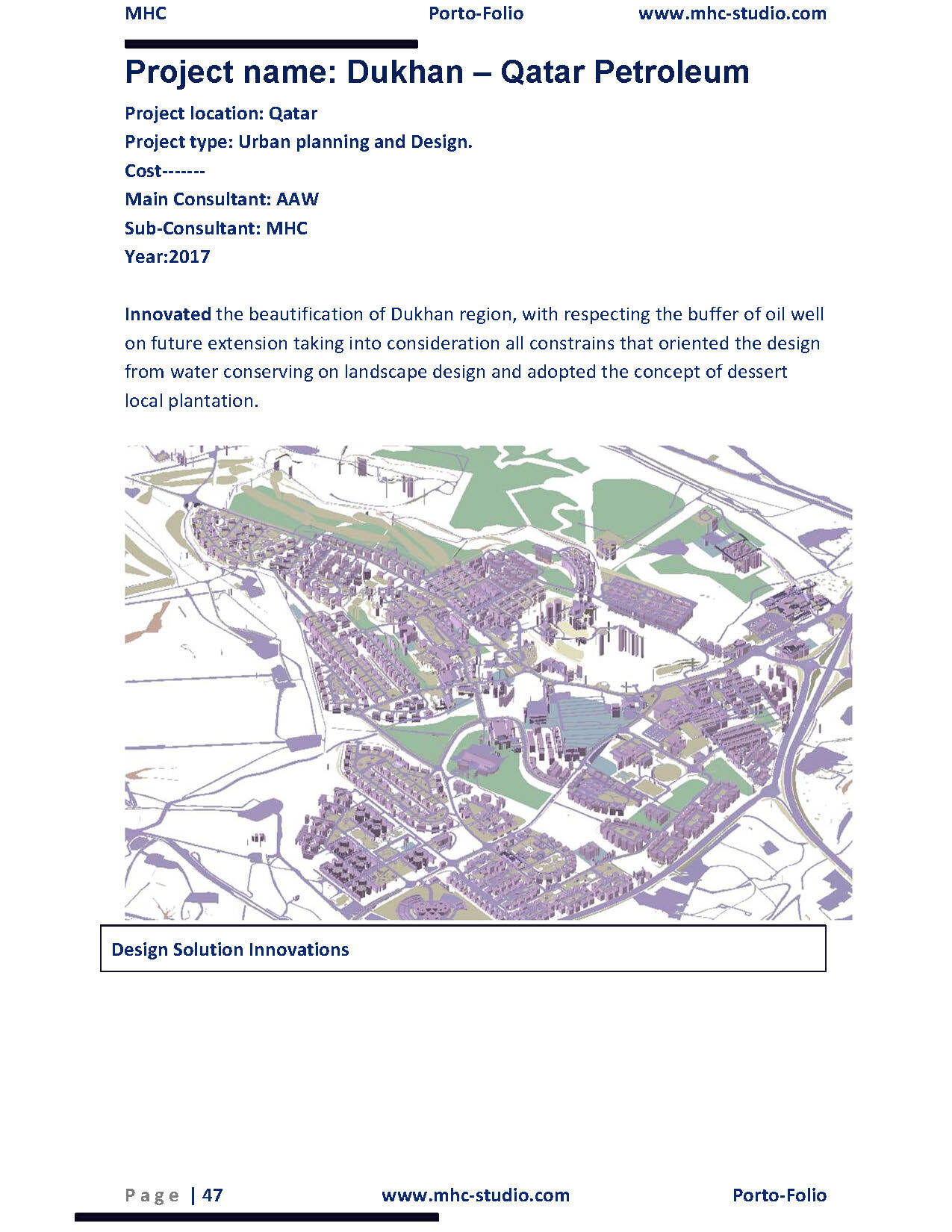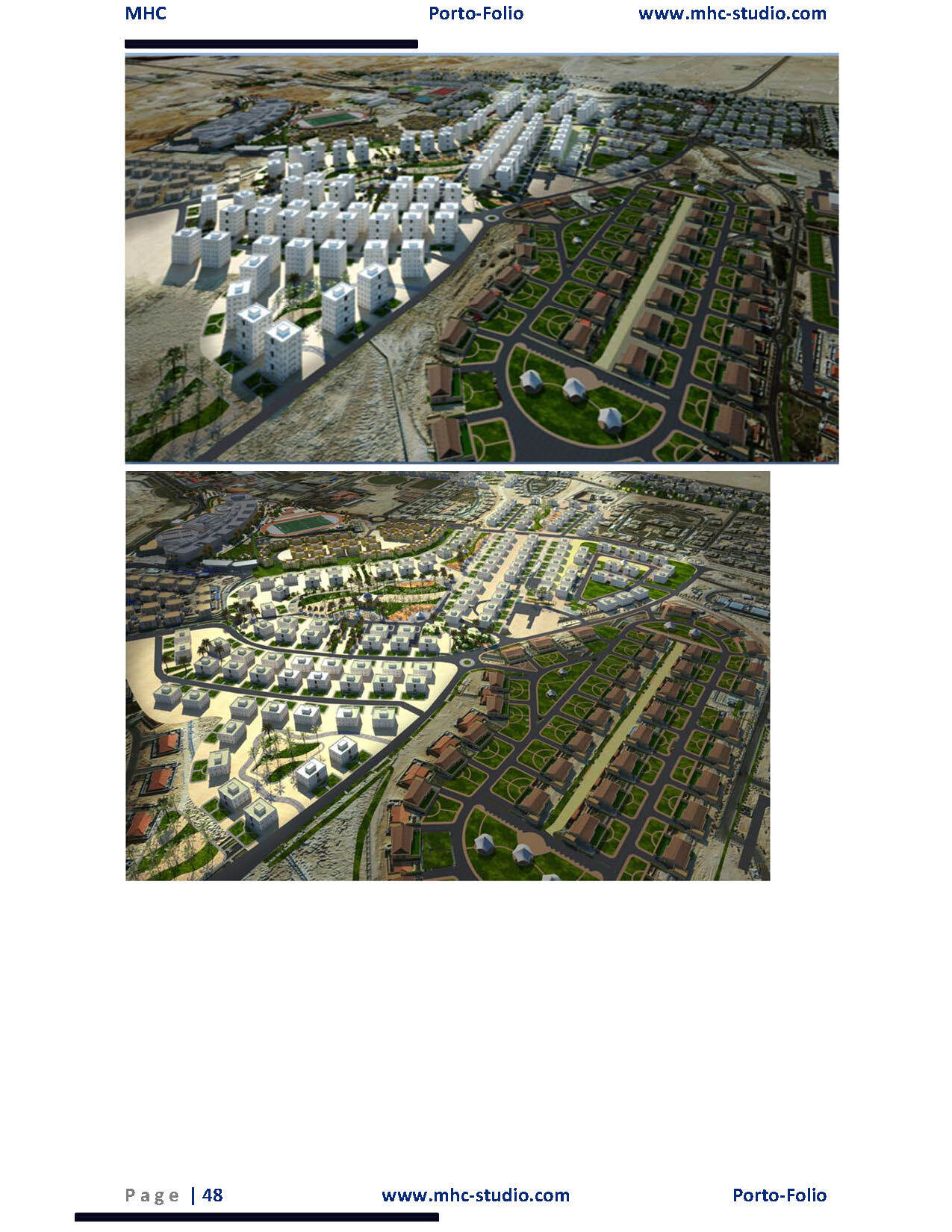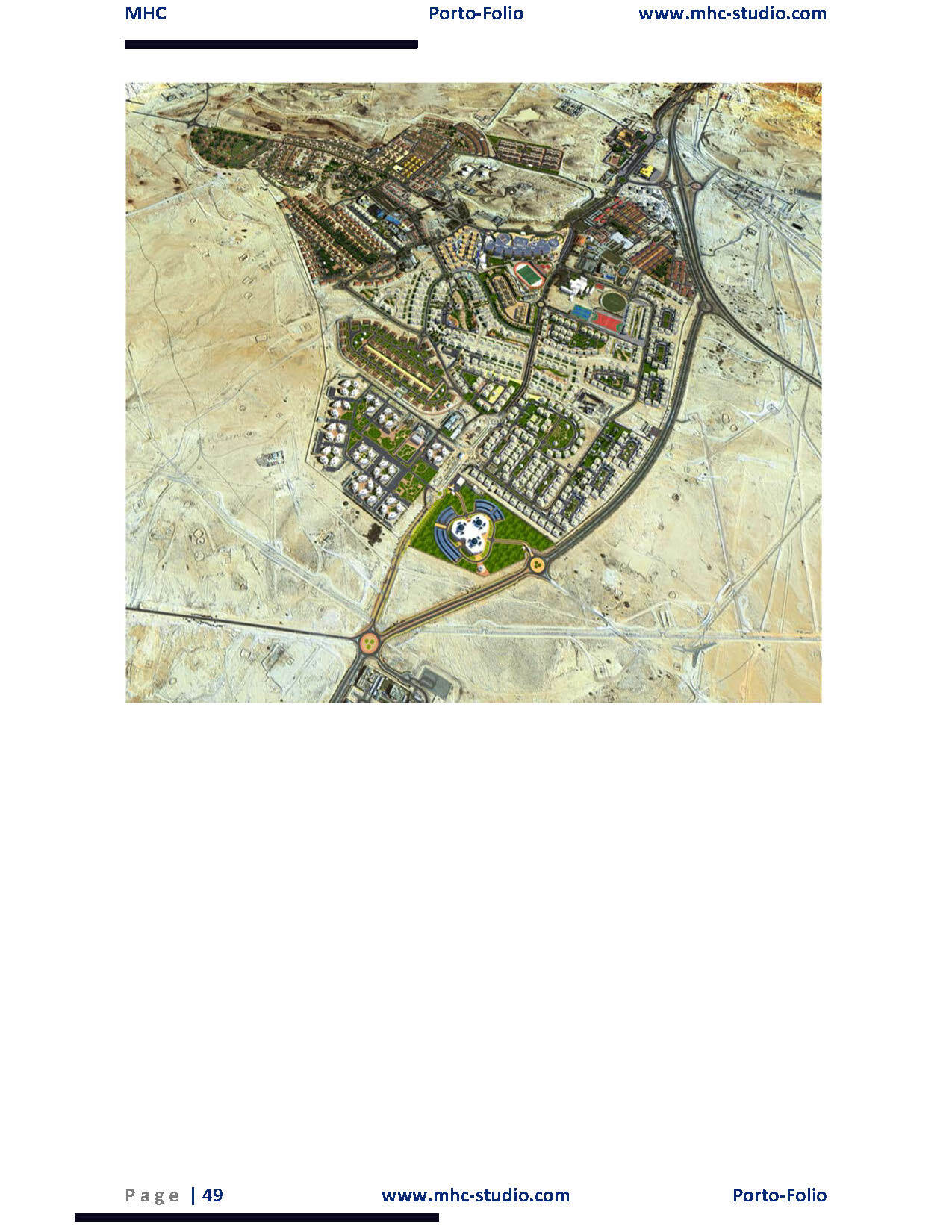The Impact of Economic Policies on Urban Infrastructure-Dukhan Qatar

The Impact of Economic Policies on Urban Infrastructure
Urban infrastructure, which includes roads, bridges, public transportation, water supply, and sewage systems, plays a foundational role in the economic, social, and environmental fabric of cities. Governments utilize economic policies as strategic tools to influence the development, maintenance, and enhancement of these infrastructures. The effectiveness of these policies can significantly impact the quality of urban life and economic efficiency. Here, we explore several key ways in which economic policies affect urban infrastructure, illustrated through a series of points.
- Funding and Investments
Economic policies heavily command the flow of funds into urban infrastructure projects. Policies that prioritize infrastructure spending can lead to substantial improvements in city landscapes. For instance, dedicated budget allocations, public-private partnerships, and special infrastructure funds are common methods used to finance urban infrastructure. The effectiveness of these policies in amassing and deploying financial resources dictates the pace and scale of infrastructure development.
- Regulation and Oversight
Regulatory frameworks set the standards and guidelines for the development and maintenance of urban infrastructure. Policymakers can influence these frameworks to ensure the sustainability and safety of infrastructure projects. Zones of regulatory impact include building codes, environmental impact assessments, and public safety standards. Policies promoting strict compliance and regular oversight can greatly enhance the quality of urban infrastructure and its resilience to environmental stresses and disasters.
- Subsidies and Incentives
Government subsidies and incentives can accelerate infrastructure development in economically less vibrant areas of a city or promote the use of environmentally friendly technologies. For example, subsidies for green buildings or tax incentives for businesses that invest in upgrading the local infrastructure can drive more sustainable practices in urban development.
- Taxation Policies
Taxation significantly influences urban infrastructure development. Policies that alter property taxes, sales taxes, or land value taxes can affect the funding availability for infrastructure projects. Furthermore, taxation can be used as a tool to encourage or discourage certain behaviors; for example, higher taxes on high-traffic areas can reduce congestion and the wear and tear on urban roads.
- Urban Planning and Strategy
Economic policies can shape the strategic vision of urban development. Sound urban planning, supported by forward-thinking economic policies, ensures that infrastructure development aligns with broader economic and social goals. This might include the integration of transportation systems with residential and commercial development to foster more coherent and functional urban environments.
- Technology and Innovation
Innovative economic policies that encourage the adoption of new technologies can transform urban infrastructure. Incentives for smart city initiatives, such as intelligent transport systems, energy-efficient buildings, and smart grids, are prime examples of how policies could push for a tech-forward urban environment, leading to smarter, more efficient infrastructure management.
- Public-Private Partnerships (PPPs)
PPPs are often encouraged by economic policies to leverage private sector expertise and funding in public infrastructure projects. Through these partnerships, governments can address budget limitations and improve the quality and efficiency of infrastructure services. The success of PPPs often hinges on clear and attractive economic policies that provide enough incentive for private entities to invest in public infrastructure.
- Environmental Sustainability
Economic policies that focus on sustainability can drive the development of green urban infrastructure. Examples include investments in renewable energy sources, sustainable water management systems, and eco-friendly public transportation. These policies not only help in combating climate change but also in creating urban environments that offer a higher quality of life.
- International and National Collaboration
Economic policies that encourage collaboration between different governmental levels and international bodies can enhance urban infrastructure. Examples include federal financial support for local infrastructure projects and international partnerships for technology exchange and funding. These collaborations can enable cities to leverage a wider range of resources and expertise.
- Education and Skill Development
Policies that invest in education and training directly impact the quality of urban infrastructure by creating a more skilled workforce capable of designing, building, and maintaining complex infrastructure systems. Furthermore, educational programs can raise awareness about the importance of sustainable development practices.
The vast and varied landscape of urban infrastructure is profoundly shaped by the economic policies enacted by governmental entities. The interaction between policy-making and infrastructure development not only determines the current state of urban setups but also sets the trajectory for future growth and sustainability. Effective economic policies can drastically improve the livability and functionality of cities, thereby increasing economic growth and enhancing the quality of life for residents. In contrast, inadequate or shortsighted policies can lead to inefficient use of resources, environmental degradation, and infrastructural decay, underscoring the critical role of well-conceived economic policies in urban development.
example executed in Qatar od Dukhan urban community





